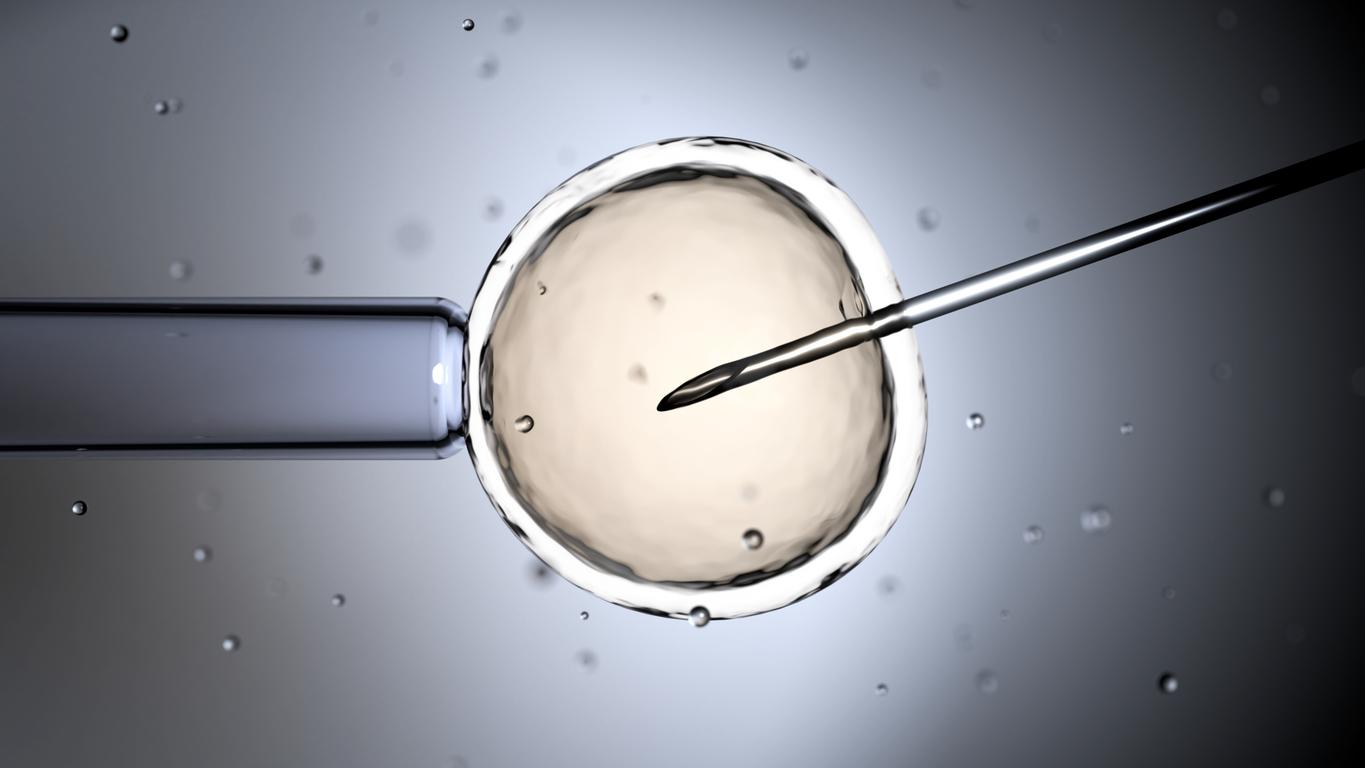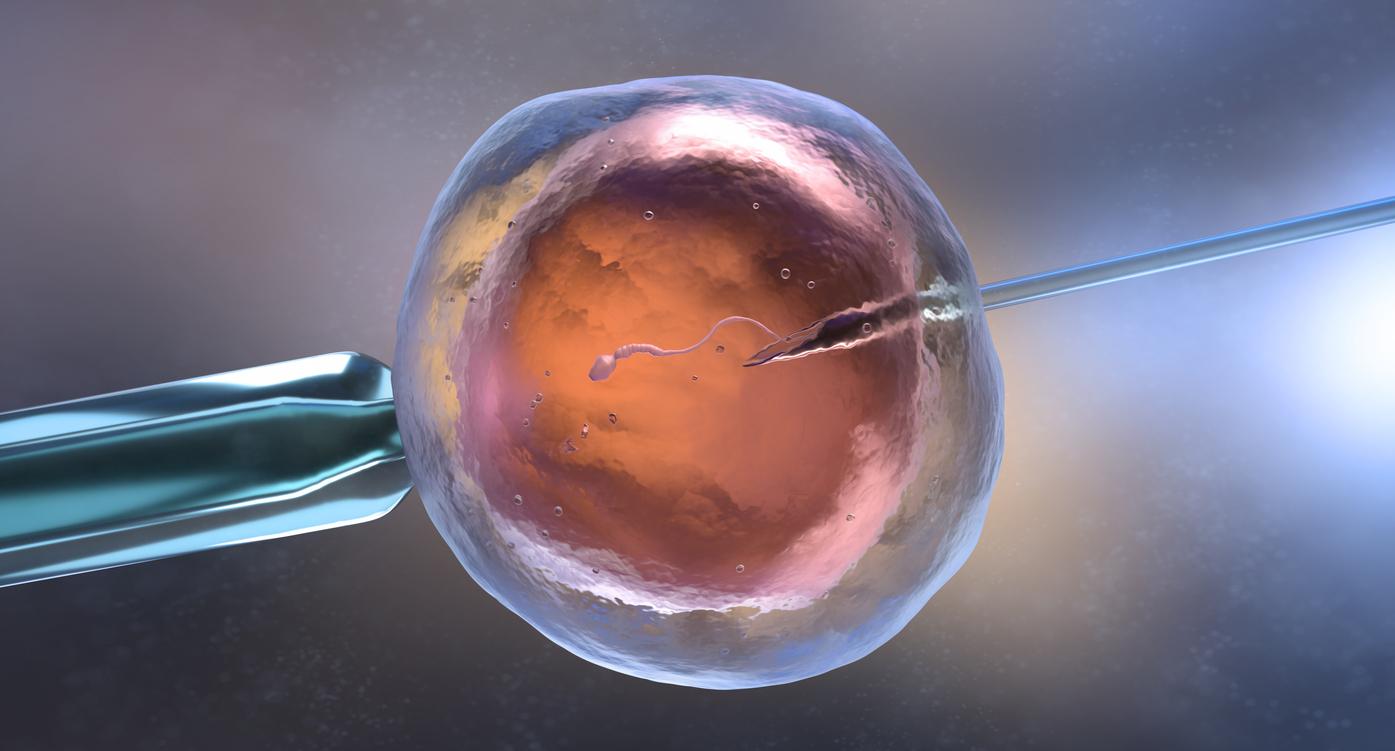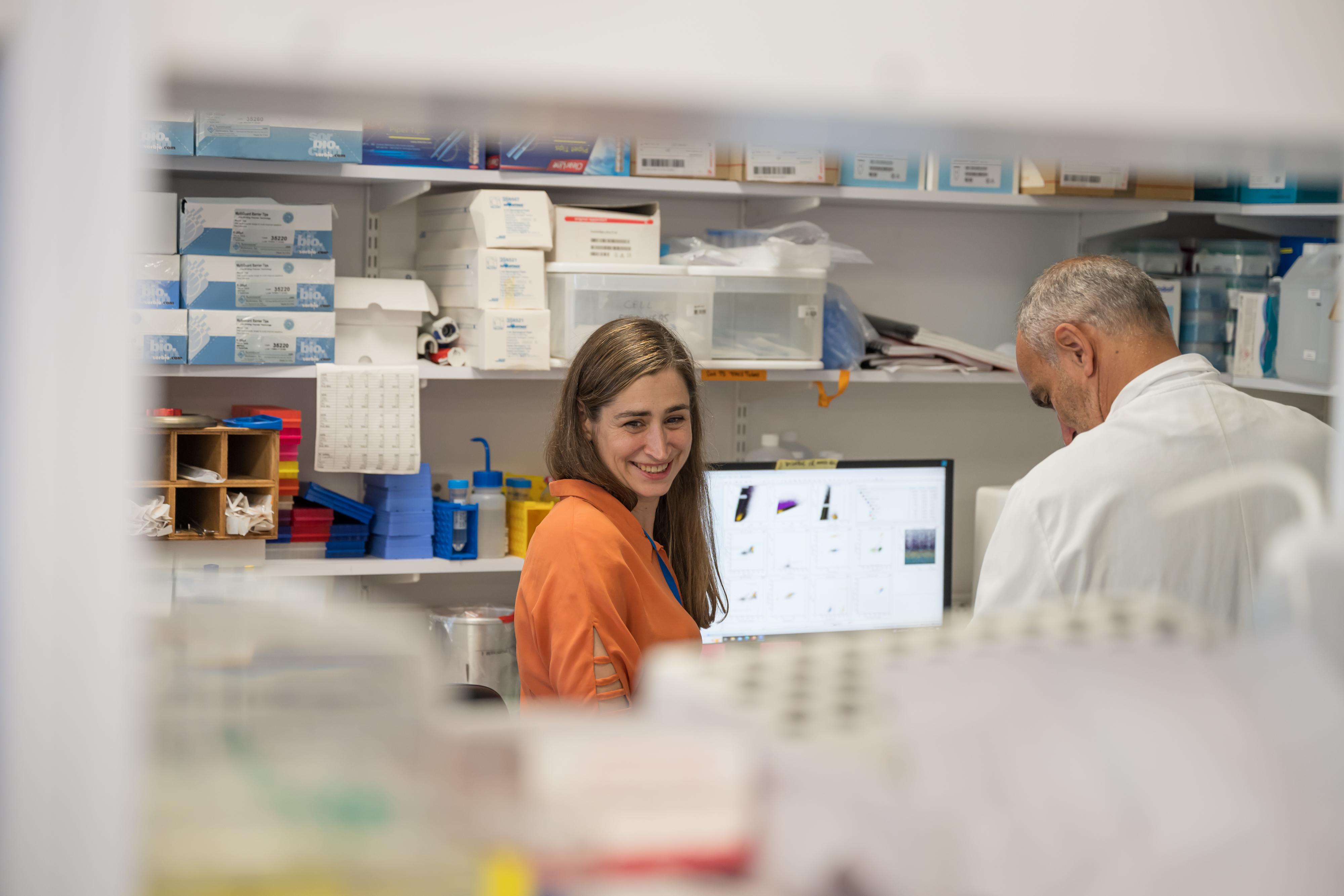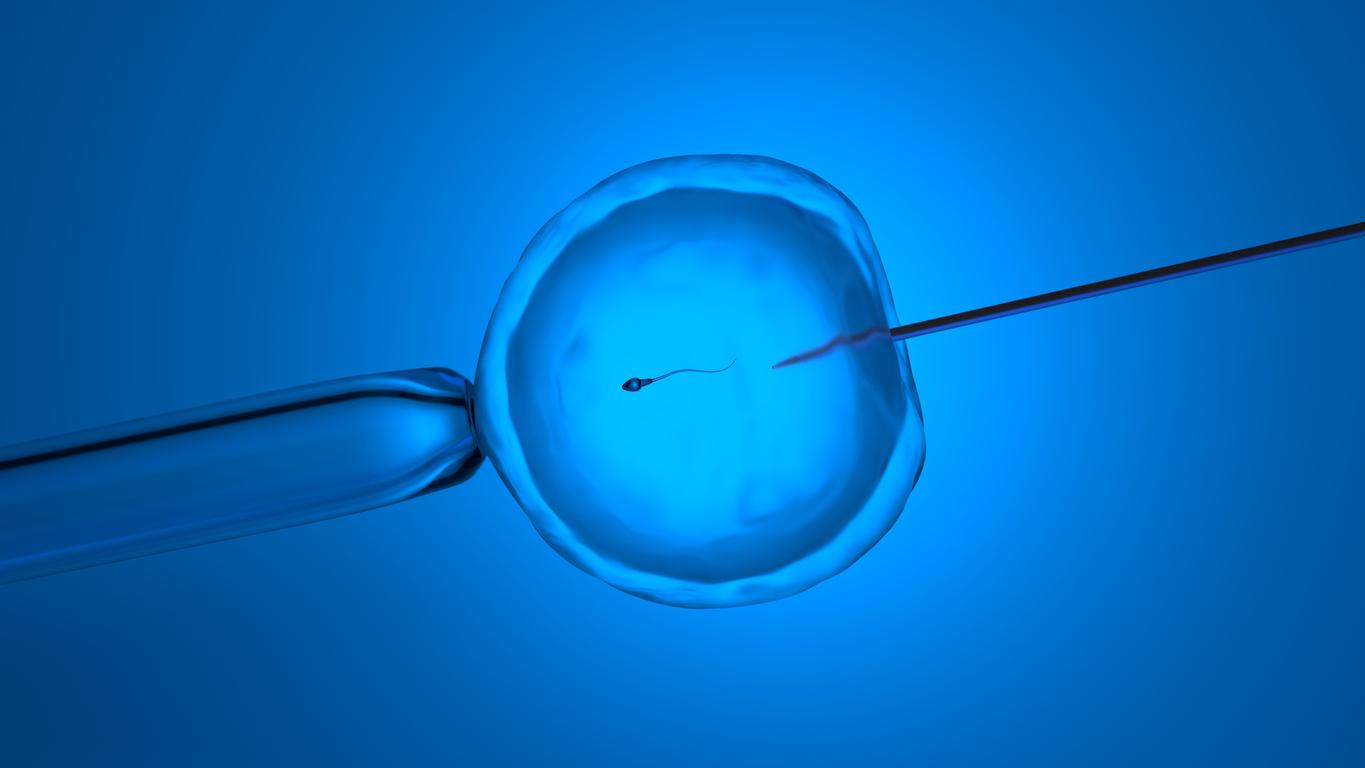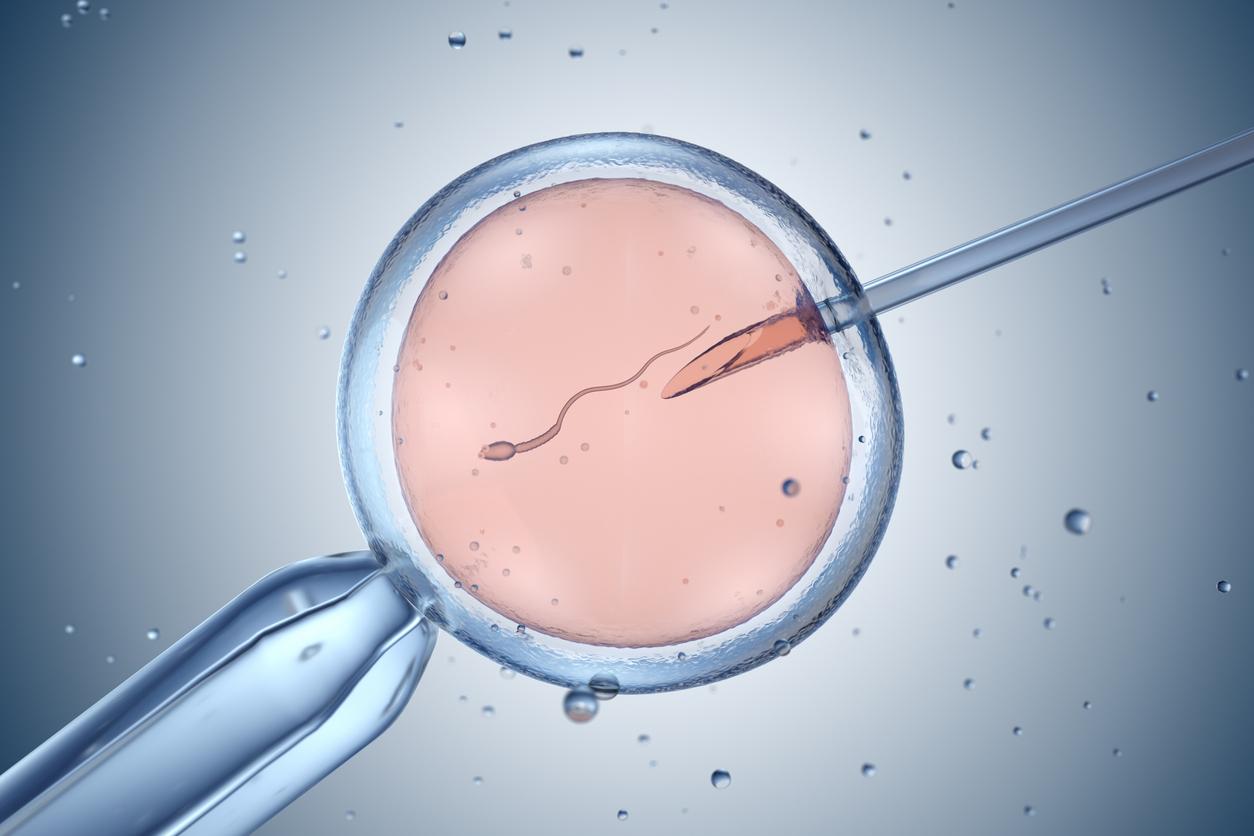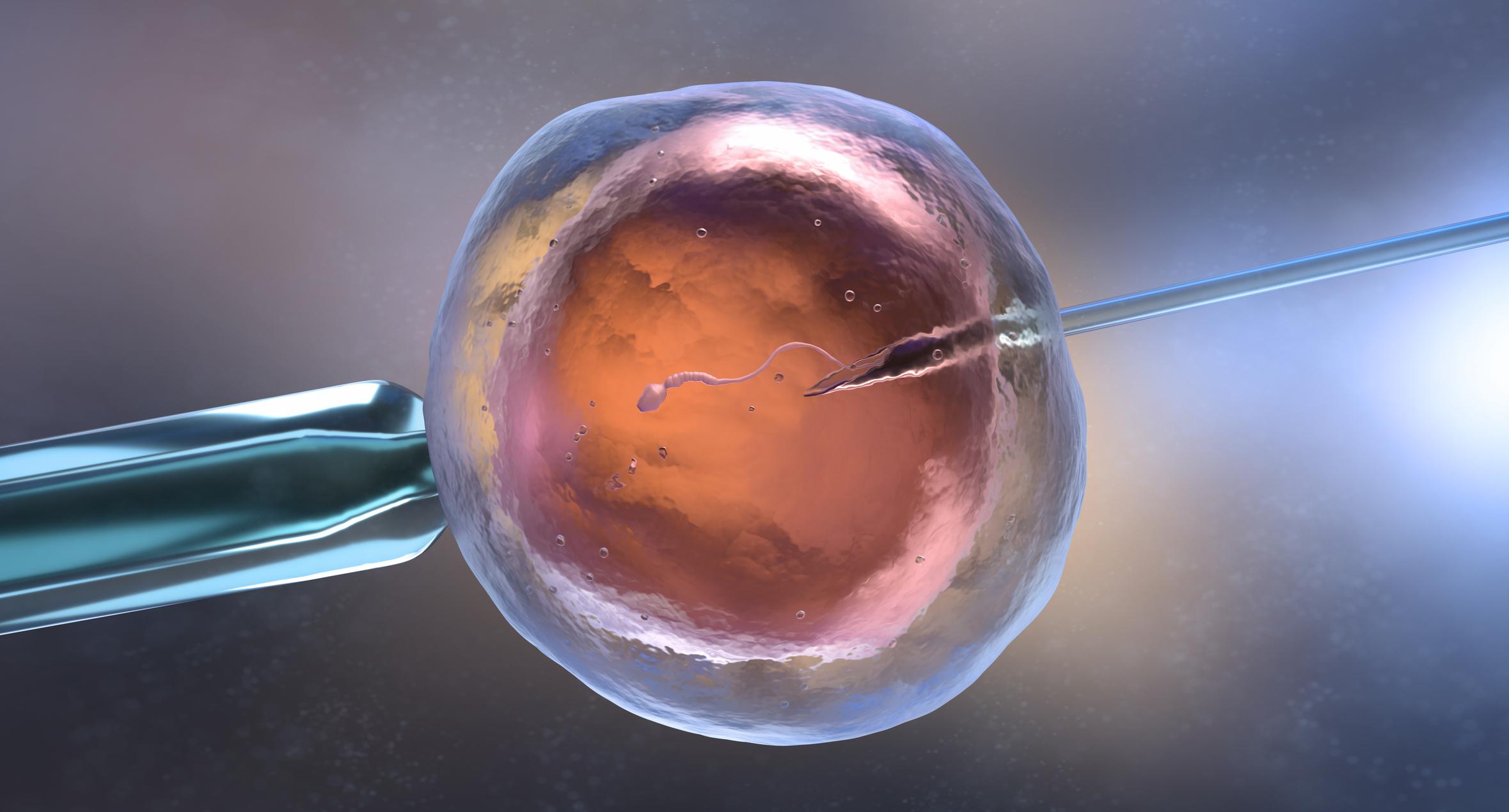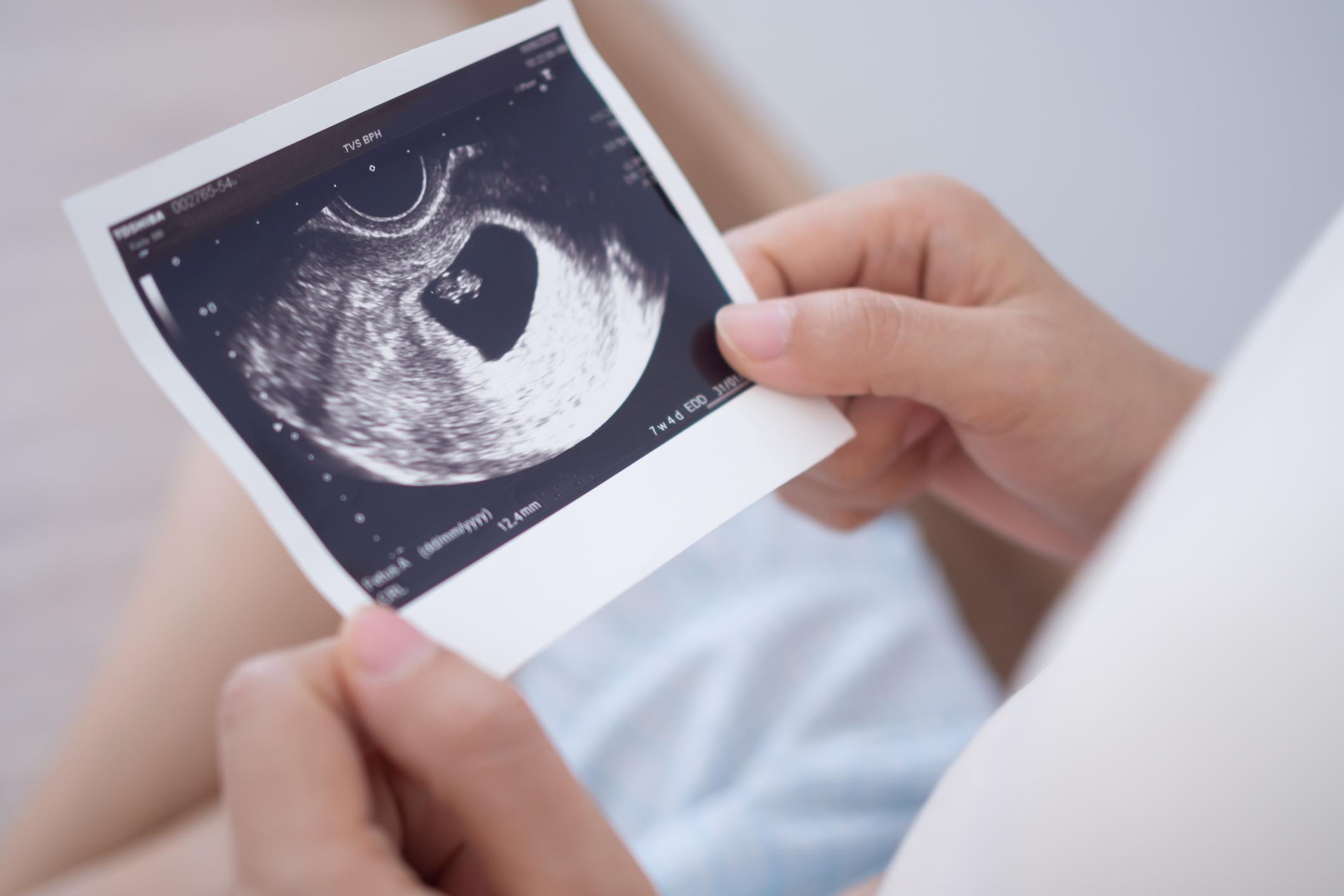By identifying the genes involved in embryonic development, researchers at the Francis Crick Institute in London hope to improve the chances of IVF.

In vitro fertilization (IVF) has been used since the 1970s. But its effectiveness is not yet at the rendezvous. Only half of the embryos reach one week and, in the end, only 13% of the embryos conceived by IVF are beyond three months of pregnancy.
To improve these statistics, British researchers from the Francis Crick Institute in London (United Kingdom) have embarked on a project: to edit all the genes suspected of being involved in the early stages of embryonic development, to observe their impact.
A first gene identified
“To find the role of a gene in embryonic development, you can look at what happens when it doesn’t work,” says Dr Kathy Niakan, who led the research. The researchers then used the “molecular scissors” technique, CRISPR / Cas9, to modify one of these genes, OCT4.
During the first days of an embryo’s development, after fertilization of the egg by a sperm, the initial cell undergoes successive divisions. After a week, it looks like a lump, called a blastocyst, containing about 200 cells.
By inactivating the OCT4 gene, the researchers noticed that the envelope of this blastocyst was not developing properly. “We were surprised at how crucial this gene was for human development,” says Dr. Norah Fogarty, lead author of the study.
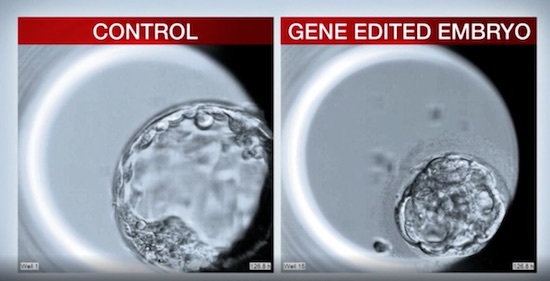
Interrupted development on the right (Francis Crick Institute)
For IVF and Understanding Miscarriages
“This is an exciting and important research result,” says Sir Paul Nurse, director of the Francis Crick Institute. The study was conducted within the limits of the regulations, and offers a new perspective on the biological processes involved in the first five or six days of embryonic development. “
The next step: repeat the same process with the other suspected genes. “If we knew the key genes responsible for the correct or incorrect development of a healthy embryo, we could make improvements not only to IVF, but also to the reasons why pregnancies can fail,” adds Dr Niakan.
In the UK it is possible to perform experiments on embryos for 14 days after fertilization, as long as they have not been implanted.
.









